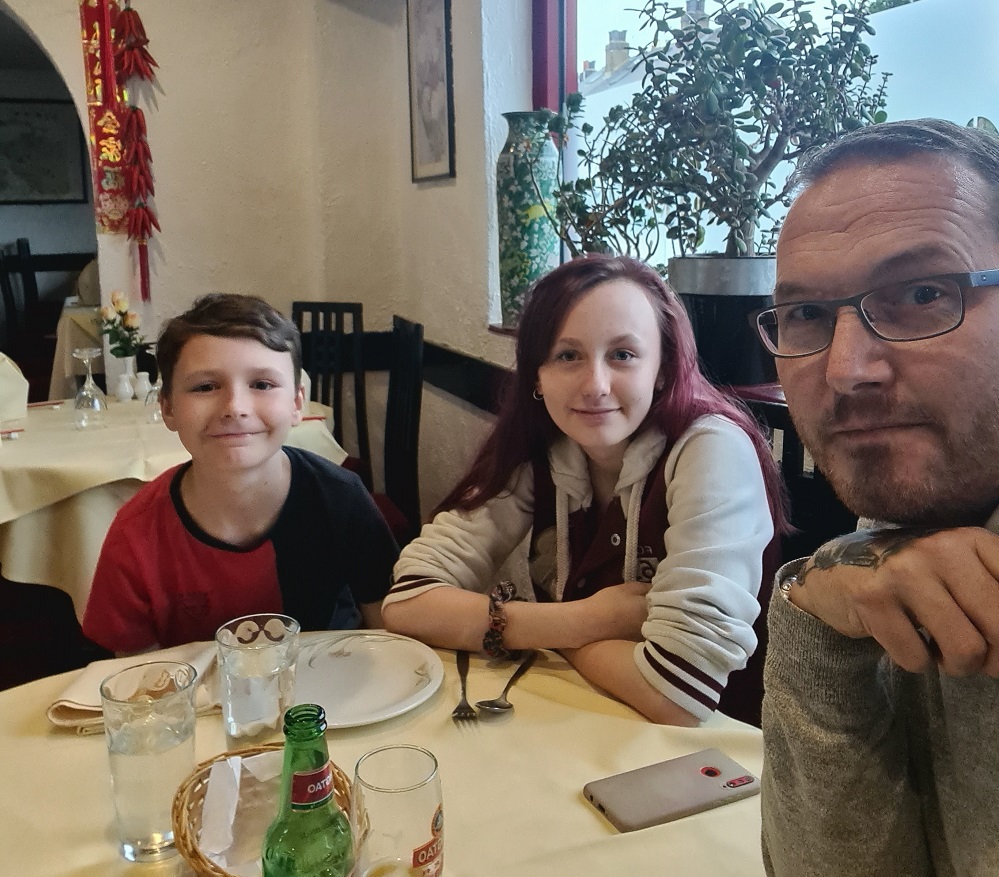Appeal for more seriously ill COVID survivors to donate plasma
New data shows only 5% agree despite making best donors
NHS Blood and Transplant want to reassure people discharged from hospital during the coronavirus second wave that plasma donation is safe.
 New figures show that donors who have been hospitalised have very high antibody levels, and their antibody levels stay higher for longer. (1)
New figures show that donors who have been hospitalised have very high antibody levels, and their antibody levels stay higher for longer. (1)
However only around 5% of the hospitalised donors contacted are currently agreeing to make an appointment to donate. (2)
Feedback shows some people are anxious about going back into a medical environment and some worry donation will affect their antibody levels.
The donations are needed for NHSBT’s collaborations with the RECOVERY and REMAP-CAP trials, which will provide answers on whether plasma is an effective treatment for COVID-19.
People who were hospitalised have made up less than 5% of the donors so far but 19% of the donations with high enough antibodies for use in the trials. (3)
Men who were hospitalised make the very best plasma donors. On first donation or sample, recent tests showed they had high enough antibody levels for the trials 61% of the time, compared to 10% for all donors. (4)
Stephen's story
Stephen Craib spent eight days in hospital and yesterday (Thursday November 26) became the first person in England to donate convalescent plasma 15 times.
 The 42-year-old dad of two from Carshalton in London was treated at the St Helier Hospital after falling ill at the end of March.
The 42-year-old dad of two from Carshalton in London was treated at the St Helier Hospital after falling ill at the end of March.
He donates at the Twickenham plasma pop-up centre.
Stephen is a keen cyclist who has broken several bones and said: “The NHS has done so much for me over the years, this is a way to give back.
“The donation process is lovely really, because of the staff. To me, it’s ‘why wouldn’t I do it’, if I have the antibodies to help someone else.”
Stephen is a manager at Royal Mail Twickenham and donates at the Twickenham plasma pop-up centre.
He spent a week becoming increasingly ill before he was taken to hospital by ambulance and put on a dedicated COVID ward, suffering from COVID-induced pneumonia.
“It was the loneliest place in the world,” he said. “At first I was the only person on a four-bed unit. Everyone was in PPE. I was struggling to breathe. But I was so out of it that I don’t remember feeling scared.”
He was put on oxygen and antibiotics, and given nebulizers four times a day to keep his airways open.
It's safe to donate
Lise Estcourt, Head of the NHSBT Clinical Trials Unit, said: “The latest analysis shows people who had hospital care make our best donors. They have the highest antibody levels and their antibodies stay higher for longer.
“We understand some people who’ve had hospital care might be nervous coming back into an environment with a medical atmosphere. Our teams are specially trained to make people feel welcome and many donors tell us the staff are the best part about donating.
“We can reassure people that donation does not affect how your antibody levels change over time. Your body quickly replaces the donated plasma and antibodies and it does not affect antibody levels in the long term. By donating, you could save lives.”
The plasma arm of the RECOVERY trial is the world’s largest randomised control trial of convalescent plasma and the results could now come before the end of the year.
Donations are taken at NHSBT’s 23 blood donor centres and a further 19 pop-up plasma donor centres. (5) Donation takes about 45 minutes.
If you’ve had confirmed coronavirus or the symptoms, you can volunteer to donate plasma on our website.
Pictures
- Donor Stephen Craib and Donor Carer Supervisor Nicole Chung
- Stephen Craib and his children Lily 15 and Riley 11
Notes
- The median titre level for first-time hospitalised high titre donors is EUROImmun >10, compared with 7.8 for first-time high titre donors who were not hospitalised. Of the hospitalised donors who were high antibody at their first donation and returned, 60% were still high titre at their fifth. Of non-hospitalised donors who were high titre at their first donation and returned, only 37% were still high titre at their fifth.
- By the end of October, NHSBT had contact details from the wider NHS for around 37,000 people who had been hospitalised for COVID and who met the age criteria for donation. Of these, when contacted by NHSBT, around 2000 people had agreed to make at least one appointment to donate.
- As of the start of November. Around 10,200 units of high antibody plasma have been collected.
- In the week commencing November 3, there were 217 donations from men who had been hospitalised by COVID. Of these, 132 (61%) were high enough antibody for the trial. People can offer to donate if they had hospital care, a positive test, or even just the symptoms. All donations are tested. NHSBT can contact some positive tested people direct through NHS pandemic data sharing and can also take offers to donate via its website.
- The full list is:
- Blood donor centres which can now take plasma – Birmingham, Bradford, Bristol, Cambridge, Edgware, Gloucester, Lancaster, Leeds City Centre, Leicester, Liverpool, Luton, Manchester Norfolk House, Manchester Plymouth Grove, Newcastle, Nottingham, Oxford, Plymouth, Poole, Sheffield, Southampton, Stoke, Tooting, London West End.
- Plasma donation pop-up centres opened earlier this year – Liverpool Speke, Leeds Seacroft, Stratford, Bexleyheath, Twickenham.
- Pop-up centres opening in November/December – Arundel, Ashford, Barnsley, Bolton, Coventry, Croydon, Huddersfield, Northampton, Reading, Scunthorpe, Stockton-On-Tees, Tottenham, Woking, Wolverhampton.